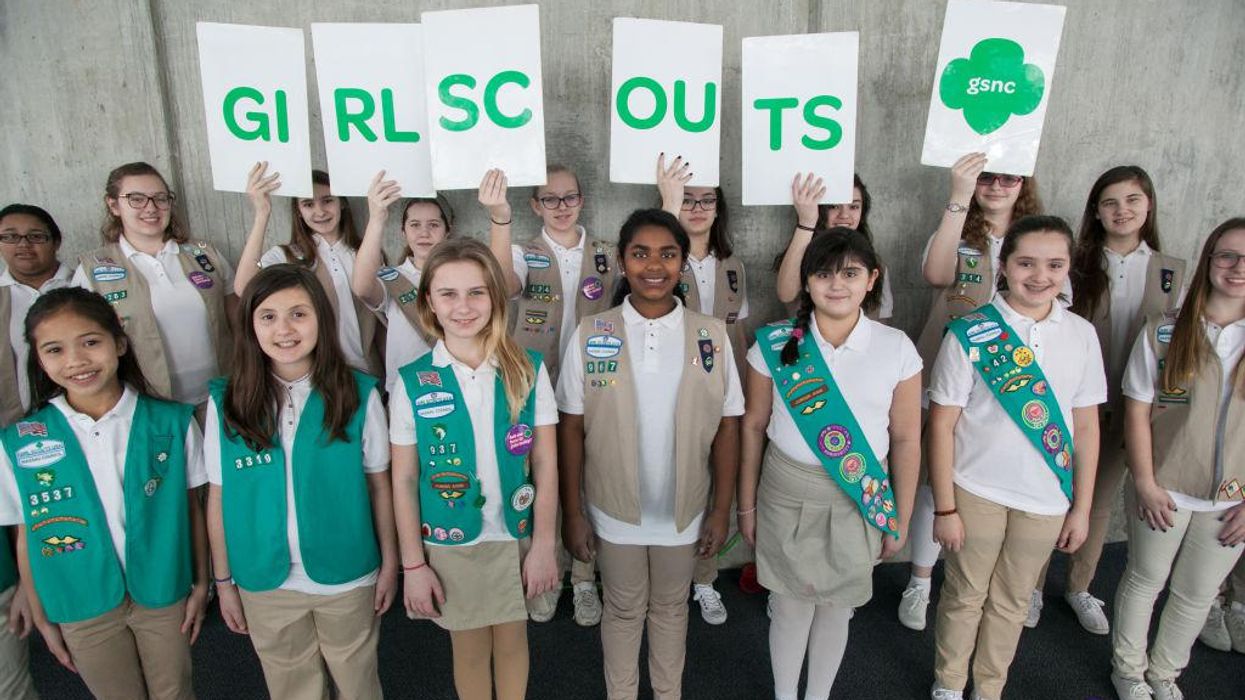
Chuck Fishman/Getty Images

The Girl Scouts is urging its membership to "regularly" discuss the topics of race and racism at home because to be color-blind, or simply non-racist, is actually harmful to the cause. In fact, it "perpetuates racism" and the notion of white supremacy, the youth organization argues.
In an online guide posted on the Girl Scouts of America website, the organization charges parents and their daughters to dispel racial injustice everywhere they see it by "taking on an unfair system while working to build a new one that truly works for all."
As part of that mission, the organization instructs parents to "be having conversations about race and racism regularly" with their daughters. They are told these conversations are "vital."
"To make discussion about race and racism a part of 'normal' conversation in your home, start when your kids are young," the guide advises, adding that "it's never too early to start" because "young children start to reflect the bias prevalent in their society."
"In the U.S. that often means a bias toward whiteness," the guide states, as it shifts from talking generically about racism and injustice to clearly confronting what it believes to be the real issue — white privilege:
Talking about who's left out and who's included, and how they're treated when they are included, is important. When you read a book or watch TV with your girl, are the characters diverse? If there are Black, Latinx, Native American, or Asian American Pacific Islander characters, how are they portrayed? Are they in a lead role? Do they reflect stereotypes or do they have dimension? Beyond characters in books and movies, when she's in school and learning about history, whose history is she learning about?
Earlier in the guide, the organization acknowledged repeatedly that it may be tempting to "avoid the topic of race and racism altogether" — presumably for white families, in particular. But that level of inaction should not be tolerated, the guide later implies. And apparently, neither should teaching color-blindness, or non-racism:
Saying "we're all the same" or "I don't see color" might be well-intentioned, but it perpetuates racism because it disregards part of people's identities. Plus, saying everyone is the same implies that everyone has the same experiences and is treated the same in our society—which statistics and the everyday discrimination faced by Black people and other people of color show isn't the case.
To combat color-blindness, the guide recommends reading books and watching TV shows featuring a diverse set of cast and characters.
Toward the end, the guide encourages parents to inform their daughters about ways to take civic action, such as voting and "writing letters to your elected representatives urging them to support anti-racist policies."
TheBlaze reached out to the Girl Scouts organization for comment about the guide but did not receive a response in time for publication.
(H/T: The Daily Wire)